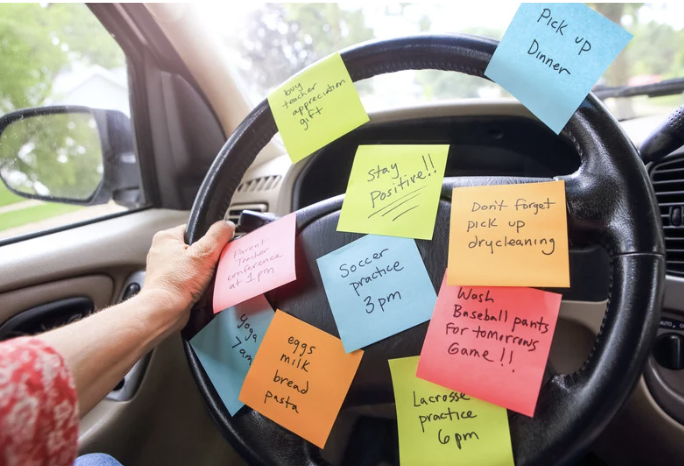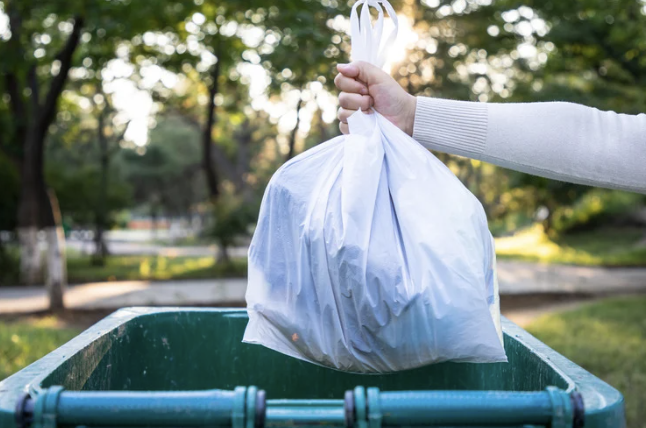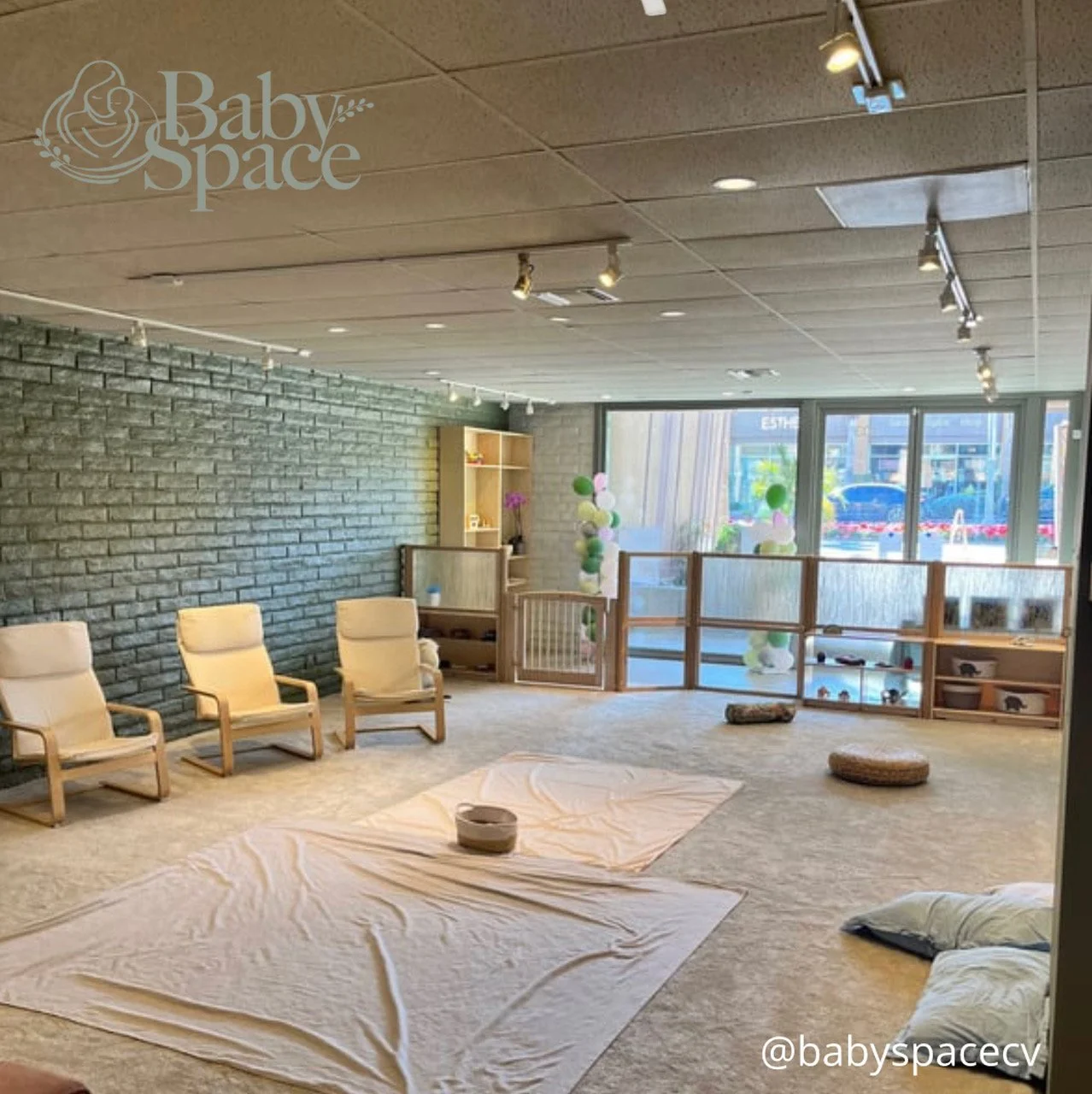Help! I Don’t Want to Parent My Spouse!
When You’re Tired of Being the Default Manager
Many women find themselves unintentionally falling into the role of household manager, even when they never signed up for it. You might be the one remembering appointments, organizing meals, and handling the endless list of invisible tasks that keep the home running. It can feel like you're not just a partner, but also a manager or, worse, a parent to your spouse. This dynamic often emerges not from malice, but from long-standing cultural norms or communication gaps. Still, it’s frustrating and exhausting to be the only one noticing the mess or the unpaid bills. You deserve a partnership where both people see and share the mental load. When one person consistently carries more of the responsibility, it can quietly erode emotional connection and build resentment over time. Real balance starts with recognizing the invisible work and committing to share it with mutual respect.
What tasks can you each begin to take ownership of?
You Want Initiative, Not Instructions
It’s deeply irritating when your partner asks, “What do you need me to do?” because it puts the burden of delegation back on you. What you likely want is for them to see what needs doing and act, not just follow a to-do list you’ve created. When you’re already running low on energy, having to spell everything out makes you feel like a boss or, worse, a mom. This robs your relationship of the equality and mutual respect it needs to thrive. Sharing a home should mean sharing responsibility, and when only one person is doing the thinking, it creates emotional distance and resentment. Over time, this dynamic can make you feel more like coworkers managing a household than intimate partners building a life together. True partnership means anticipating needs together, not waiting to be asked.
Why It Feels So Personal
Becoming a mother does not mean everything becomes your responsibility.
Being cast in the role of parent to your partner touches a nerve because it erases the adult-to-adult connection you likely want. You may start to feel alone, unseen, or even disrespected, not because of one chore, but because of a deeper imbalance. It may stir up old wounds, especially if you’ve ever felt invisible, overburdened, or like your needs come last. This emotional load weighs heavy, particularly when you’re also managing children, work, or caregiving. At its core, this isn’t about dishes or laundry, it’s about wanting your partner to show up fully and equally. When one partner is always doing the emotional and logistical labor, it can chip away at intimacy and trust. Over time, what starts as frustration over daily tasks can lead to resentment and emotional distance in the relationship.
Changing the Dynamic Starts with Conversation
As tempting as it is to snap, “I’m not your mother!” a more effective path is an honest conversation about how this makes you feel. Try using language that focuses on your experience rather than blame, like: “I feel overwhelmed when I’m the only one noticing what needs to get done.” You can also talk openly about mental load and how labor is divided, not just the physical tasks, but the remembering, planning, and anticipating. Encourage your partner to start looking around, noticing what’s undone, and taking action without being prompted. Healthy relationships grow when both people are willing to see and shift old patterns together. These shifts don’t happen overnight, but small changes in awareness and responsibility can rebuild trust and connection. Regular check-ins can also help both partners stay accountable and feel like true teammates.
How to Talk So You’re Heard and Understood
When you're side-by-side instead of face-to-face, the dynamic can feel less confrontational, which helps both people stay open and less defensive.
Start the conversation during a calm moment, not in the middle of an argument or a chaotic day. Let your spouse know this isn’t about criticizing them, but about creating a relationship that feels more fair and connected. You might say, “I’d love for us to be more of a team at home, but lately I’ve felt like I’m carrying the weight of the house on my own.” Use specific examples, but avoid listing grievances like a scorecard…instead, express the emotional impact it’s having on you. Invite collaboration: “Can we talk about how to share things more evenly so we both feel supported?” These conversations take time and may need to happen more than once, but they open the door to mutual respect, teamwork, and a more balanced partnership.
BabySpace Coachella Valley
The playroom at BabySpace Coachella Valley
Becoming a parent is a profound and life-altering experience, but it comes with its fair share of unspoken challenges. Meeting with other parents and exploring together what you are envisioning life could look like with your infant and toddler is an invaluable piece of new parenthood. By sharing experiences with others in a place like a BabySpace Coachella Valley Mommy and Me group, parents can find solace in the shared journey of raising the next generation, embracing both the joys and the trials that come with it.
Serving the Coachella Valley and surrounding areas, including: Palm Springs, Cathedral City, Rancho Mirage, Indian Wells, Thousand Palms, Palm Desert, La Quinta, Indio, Bermuda Dunes, Coachella, Thermal, Mecca, Desert Hot Springs, Yucca Valley, and Joshua Tree.
Therapist Palm Desert, Therapist Palm Springs, Postpartum Therapist Palm Desert, Postpartum Therapist Palm Springs, Postpartum Depression Palm Desert, Postpartum Depression Palm Springs, Pregnancy Therapist, mom support groups near me, mommy and me near me, moms support group near me, new mothers groups
#mommyandme #newmomlife #mommylife #firsttimemom #pregnancy #pregnant #newmom #newmommy #motherhood #parenthood #postpartum #mommyhood #groupsupport #palmdesert #palmsprings #laquinta #coachellavalley #coachellavalleylife #coachellavalleyevents #SAHM #SAHMlife #wfh #wfhlife #wfhmom #wfhmomlife #momlife #mommyanddaughter #mommyandson #girlmom #boymom #birthingclass #hypnobirthing #





